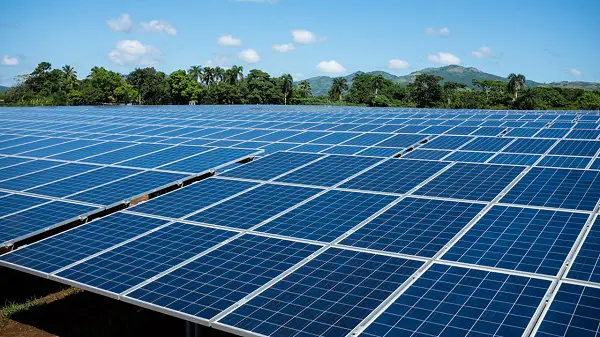In a landmark collaboration, the Federal Government of Nigeria, in tandem with the International Finance Corporation (IFC) of the World Bank, collaborates to raise a substantial $500 million for pioneering renewable energy projects throughout the country. This groundbreaking initiative, facilitated by the Nigeria Sovereign Investment Authority (NSIA) and the IFC, marks a significant stride towards addressing Nigeria’s critical housing deficit, estimated at a staggering 28 million homes.
As a kickoff to this transformative partnership, both NSIA and the IFC are committing $25 million each. This will be through the Renewables Investment Platform for Limitless Energy (RIPLE). The primary objectives of this venture encompass the displacement of diesel through the adoption of alternative fuels. A strategic focus on franchising, and a commitment to backward integration for photovoltaic (PV) manufacturing. Diesel displacement involves the substitution of traditional diesel fuel with alternative, lower-emission technologies. While PV manufacturing revolves around the production of devices that harness sunlight to generate electricity.
The Central Goal And The Methods Of Funding For The IFC Renewable Energy Project.
The central goal of this ambitious project is to alleviate Nigeria’s power deficit. Specifically through the deployment of sustainable, renewable energy sources. NSIA’s commitment goes beyond mere financial investment; it extends to co-sponsoring and co-developing projects to provide impactful, holistic solutions. To raise the targeted $500 million, the initial step involves the presentation of smaller projects. These projects will showcase their potential to external investors. Umar-Sadiq outlined a strategic plan involving the execution of infrastructure projects over a three-to-four-year period. They will be aiming to demonstrate their capabilities, attract additional capital, and ultimately scale up.
Continue reading Unlocking the Potential of Renewable Energy Production in Africa.
The first project under this initiative is a 70-megawatt endeavor in Tokarawa, Kano State. It will be designed to meet the energy demands of industrial, commercial, and residential consumers. Additional projects are expected to be announced soon, further solidifying the commitment of NSIA and the IFC to transforming Nigeria’s energy landscape.
Yusuf Umar, the Programme Manager of RIPLE, highlighted the partnership’s commitment to advancing energy-efficient solutions in Nigeria. The focus is on empowering customers with resilient and environmentally friendly energy alternatives, optimizing productivity, and reducing the carbon footprint.
RIPLE represents another significant stride by NSIA in the climate sustainability asset class, building on previous initiatives like Carbon Vista with Vitol and the Construction Finance Warehouse Facility. This collaboration signifies a critical step towards a cleaner, more sustainable energy future for Nigeria, backed by substantial financial commitments and a strategic, holistic approach to addressing the nation’s power challenges.

Leave a Reply